“Alternative dispute resolution”: results of the forum organized by the Committee on Mediation
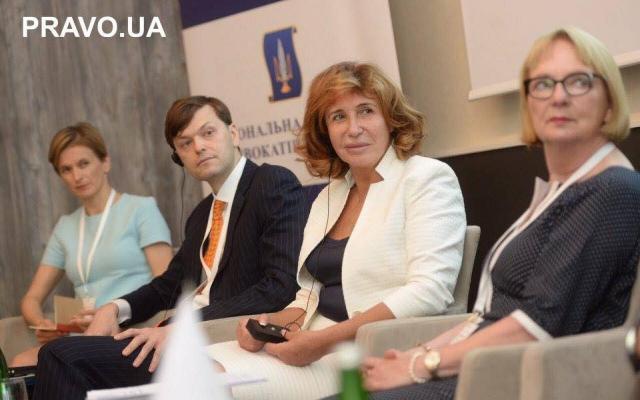
On June 9-10 a forum on “Alternative dispute resolution” was held in Kyiv by the Ukrainian National Bar Association in cooperation with the German Federal Chamber of Lawyers and the German Foundation for International Legal Cooperation. The event was devoted to a relatively new for Ukrainian advocates practice of conflict resolution that is alternative to judicial consideration.
“The Law “On mediation” was adopted in Germany in 2012, but mediation existed in Germany long before the adoption of the said Law. Judicial mediation is carried out by the conciliation judges, who may be also the procedural judges. The conciliation judges consider cases in confidence, and based on the results of a review the parties may conclude an amicable agreement that may go beyond the bounds of the stated claims”, – explained the lawyer and mediator Kerstin Grene.
The German experience is useful for Ukrainian advocates since mediation procedures are also applied to the client-advocate disputes, which helps to avoid filing of unjustified disciplinary complaints. The peculiarities of the procedure were presented in the report by the retired President of the Supreme Court of Berlin, the mediator Monika Nöhre. According to her, the disputes between lawyers and clients are considered by the conciliation commission, which has been existing in Germany for seven years already. The commission is independent of the bar, and the conciliator is not a lawyer. The conciliation body is financed by the Federal Chamber of Lawyers at the expense of the lawyers’ contributions, whose total number in Germany reaches 165 thousand. The conciliation body’s procedures are carried out in writing to avoid bias.
The UNBA, BCU President Lidiia Izovitova called this practice useful for adaptation by the Ukrainian bar self-government, as the overestimated expectations and emotions of clients are often the grounds for initiation of disciplinary procedures in the absence of actual violations of professional ethics or law by the defender. The difference between the two models lies in the fact that in Ukraine the disciplinary matters are being solved by the disciplinary chambers consisting of advocates, whereas in Germany there are disciplinary courts comprised of judges. The conciliation commission is not composed of the advocates only, and solves disputes between the advocate and client in writing.
At the suggestion of the UNBA President, in the Ukrainian system of the bar self-government such commissions could be created at the level of regional bar councils, and the members of public should be invited to form its composition together with the advocates, “so that nobody says that we support the interests of advocates only”.
The Managing Partner of Zakon Peremohy Law Firm, Maryna Saienko, who applies mediation procedures in her practice and promotes mediation in Ukraine, has noted that the Ukrainian legal community has an understanding of the necessity of mediation. “The question of whether mediation is needed in Ukraine is no longer open. Our society needs mediation as an alternative to the traditional judicial system at all levels – from governmental to domestic”, – she said. At the same time, the development of mediation in our country is hindered by the lack of proper legislative regulation, poor awareness of the procedure and, consequently, lack of trust, resistance from the legal community considering it to be a competing procedure, low negotiation capacity that is a mental feature of Ukrainian people.
Several variants of the mediation legislative regulation are currently under consideration in the Parliament. Experts propose to prudently address the mediation law, taking into account the experience of other countries and the peculiarities of the procedure development in Ukraine over the past 15 years. The excessive state regulation of mediation will eliminate all chances of its development as a civilized mutually beneficial method for resolving disputes and conflicts.
Vladyslav Sytiuk, Head of the UNBA Committee on Mediation, Managing Partner of Vladyslav Sytiuk & Partners Law Firm, said that there is no such practice as judicial mediation in Ukraine. At present, the Verkhovna Rada adopted in the first reading a draft law initiated by the President of Ukraine “On Amendments to the Commercial Procedure Code of Ukraine, the Civil Procedure Code of Ukraine, the Code of Administrative Legal Procedure of Ukraine and other legislative acts”. One of the amendments is introduced in Chapter 4, which provides for the dispute resolution with the participation of a judge. This procedure is significantly different from the classical mediation model, is conducted before the beginning of the case consideration on the merits, is somehow off-standard and may increase the burden on the judicial system in the future. During the settlement judges will consider the dispute from the standpoint of evidence assessment and the rule of law, and the conversation with the parties will be – entirely or to a certain extent – directed in the legal mainstream, since the mediating judge still remains a judge.
“It is important to remember that the judge resolves any dispute based on the rules of law and evidence provided to him/her by the parties, while the mediator works with the interests of the parties, their emotions. For the mediation procedure the rules of law and evidence base are not decisive, and the mediator helps the parties to find common interests since they are not always visible. The mediator establishes effective communication between the parties and helps them to make their own joint decisions, which should satisfy both sides of the dispute”, – said Vladyslav Sytiuk. Therefore, the best possible way of resolving a dispute after initiation of the court proceedings is to conduct mediation with a help of professional mediator working outside the court. For better access to this procedure it is advisable for courts to form the registers of mediators (as the neighboring Byelorussia does); for example, these could be the advocates, lawyers, representatives of other professions, who have been trained and received a certificate in mediation.
The state and legal community should develop a program of comprehensive measures to stimulate the development of mediation, including through its popularization among governmental officials, business community and citizens, inter alia through educational courses and programs. Such legal skills will contribute to building a social dialogue based on the principles of trust, openness and mutual respect, which the Ukrainian society is in need of for a long time already.Popular news
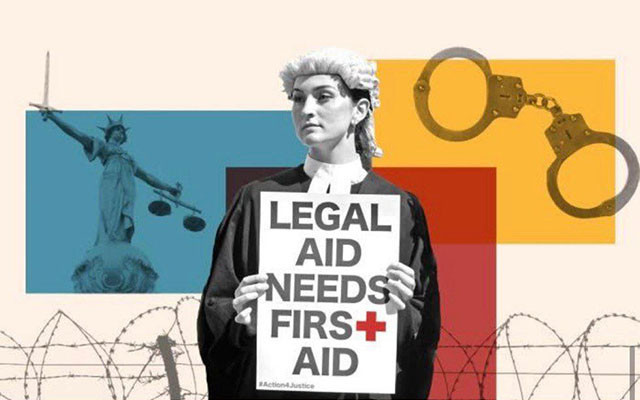
Advocacy
FLA needs urgent help, - Valentyn Gvozdiy
Twelve years of existence of the free legal aid system in Ukraine is enough to understand the inability of the Ministry of Justice to effectively manage this area.
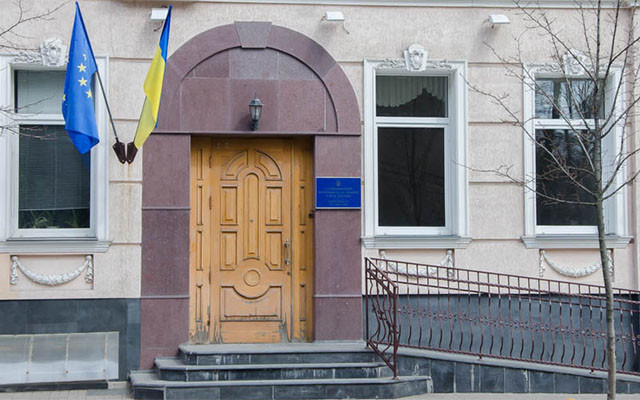
Advocacy
The Ombudsman is concerned about the state of the FLA system
The Secretariat of the Ukrainian Parliament Commissioner for Human Rights is ready to join the development of proposals for amendments to the legal acts developed by the Ukrainian National Bar Association that will improve the functioning of the free legal aid system.
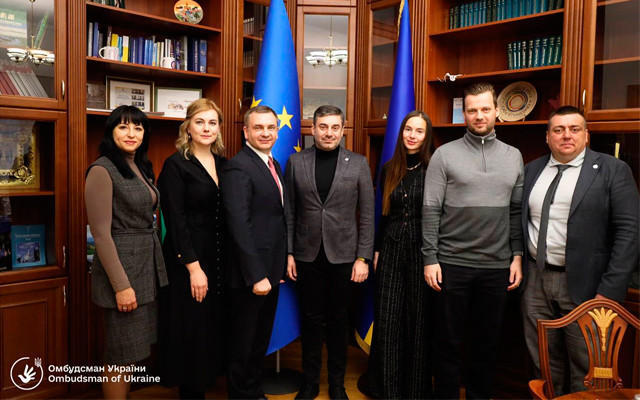
Advocacy
Ombudsman to provide legal aid with support of UNBA - pilot project
The Office of the Ukrainian Parliament Commissioner for Human Rights has launched a pilot project to provide professional legal aid to citizens in five regions of Ukraine.
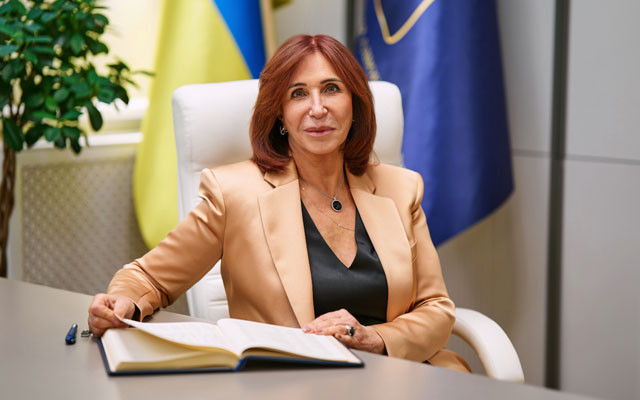
Advocacy
Another model should be introduced for the FLA system, - Lidiya Izovitova
Monitoring of the current state of functioning of the legal aid system shows the existence of significant and conceptual problems in the implementation of this assistance in Ukraine.
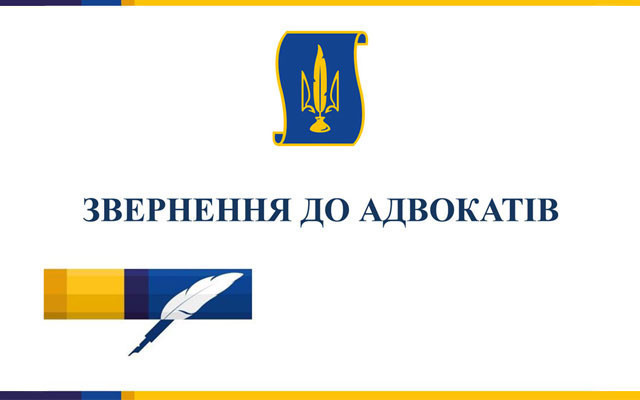
Advocacy
Violation of media guarantees of advocacy is being studied by the UNBA
An open appeal of the Ukrainian National Bar Association's Committee on Information Policy and Interaction with the Mass Media to the advocates.
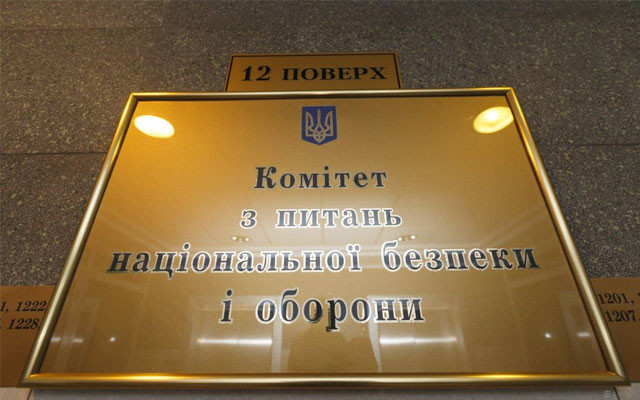
Advocacy
Lawyers are offered to be booked - amendments to draft law No. 10449
In their amendments to the draft law on strengthening mobilization, MPs propose to provide for the booking of lawyers. The goal is to prevent disruptions of court hearings.
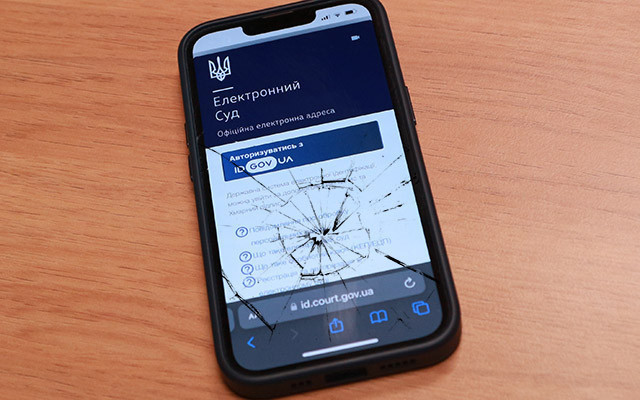
Advocacy
E-Court failures violate constitutional guarantees – UNBA
In recent days, the Ukrainian National Bar Association has received numerous reports from lawyers about technical failures in the operation of the Electronic Court subsystem. In particular, the complaints relate to the inability to log in to the electronic office, which restricts advocates in exercising their procedural rights, in particular, to submit documents and participate in court hearings in the videoconference mode.
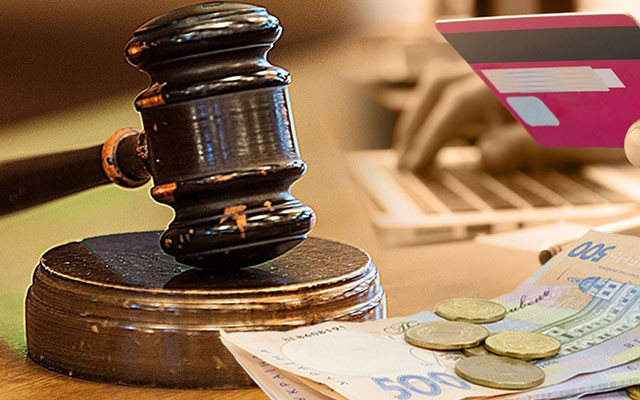
Advocacy
Fixed fee: time of work is important for reimbursement of attorney's fees – SC
The procedure for calculating the hourly fee differs from the fixed fee, which does not take into account the actual time spent. However, in both cases, they are taken into account when deciding on the reimbursement of legal aid expenses.
Publications

Ihor Kolesnykov A BRIEF SUMMARY REGARDING THE APPLICATION OF THE ORDER ON EXTENDED CONFISCATION IN LATVIA REGARDING FINANCIAL ASSETS OF…

Valentyn Gvozdiy WORKING IN A WAR ZONE

Lydia Izovitova Formula of perfection

Sergiy Vylkov Our judicial system is so built that courts do not trust advocates

Iryna Vasylyk Advocacy in the proclamation of Independence of Ukraine

Oleksandr DULSKY When we cross the border of the Supreme Anti-Corruption Court, we get into another department of the National Anti-Corruption…

Vadym Krasnyk The UNBA will work, and all obstacles and restrictions are only temporary inconveniences

Lydia Izovitova Interview with Lydia Izovitova on the occasion of the 8th anniversary of the founding of UNBA: We are the voice of t…
